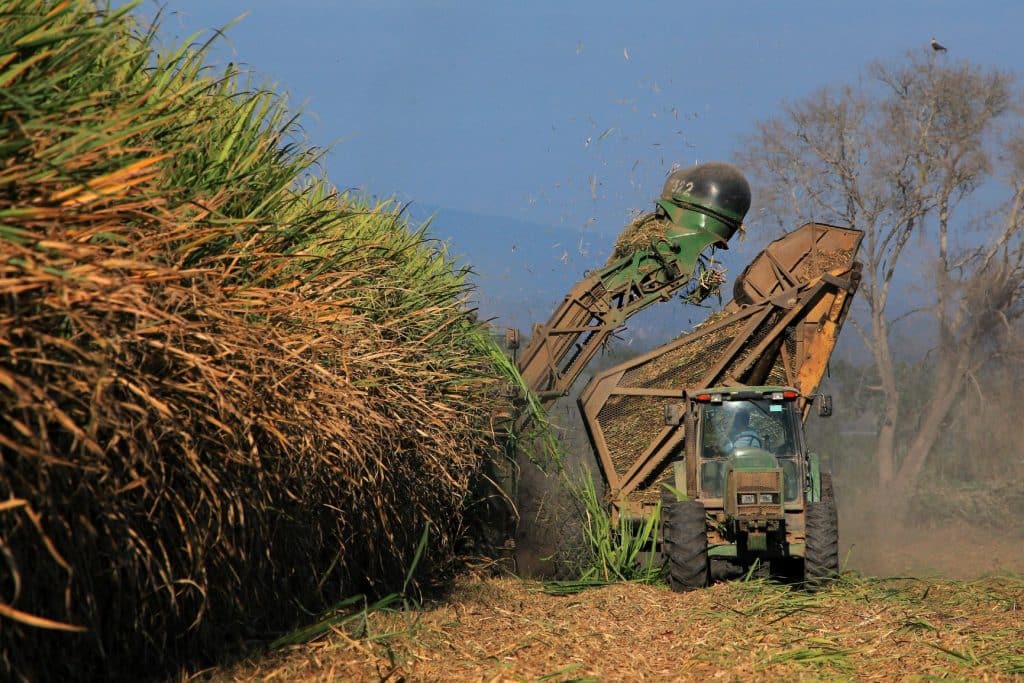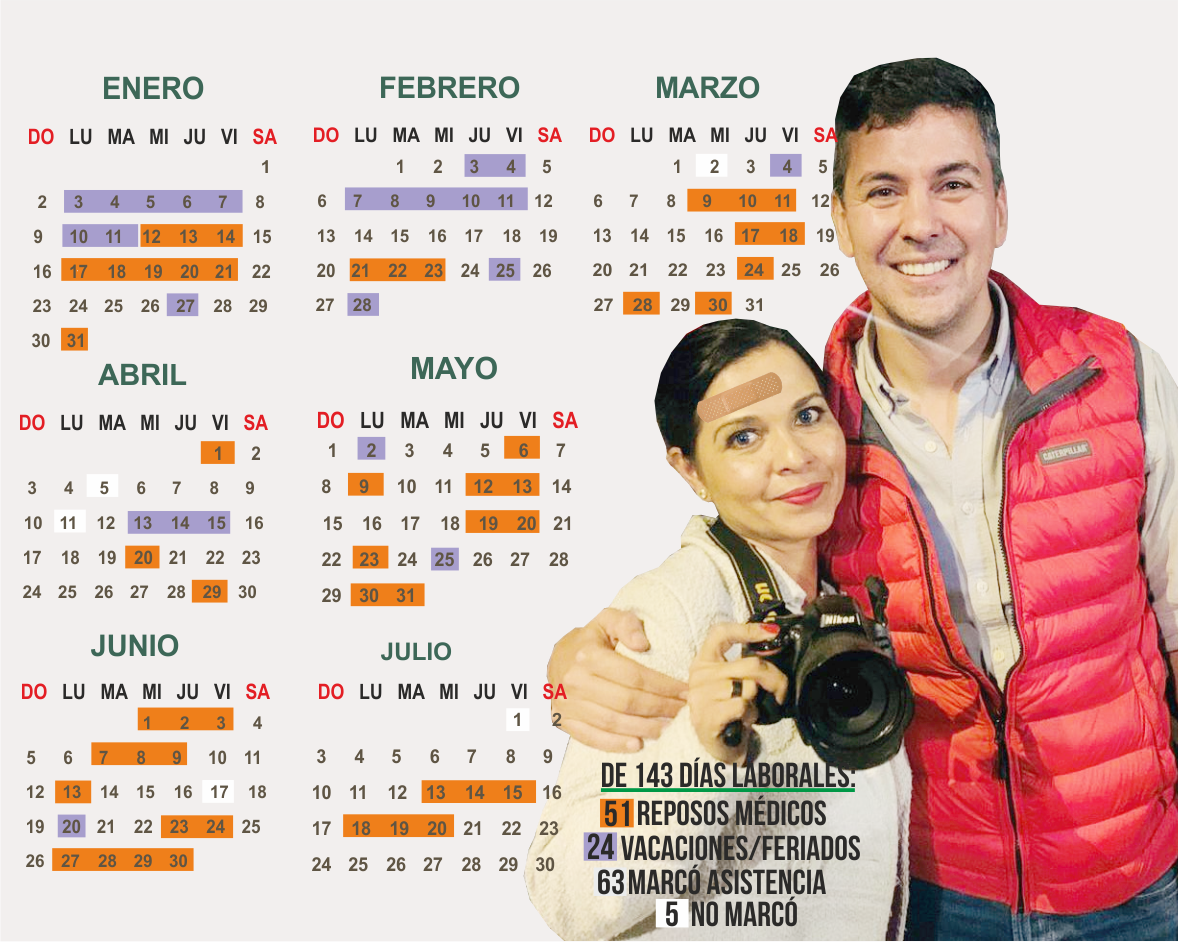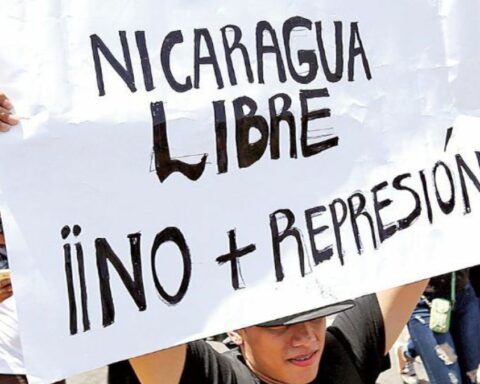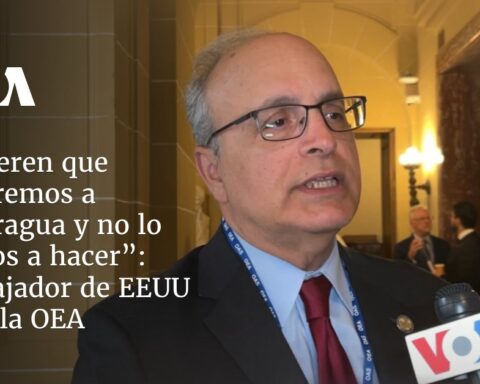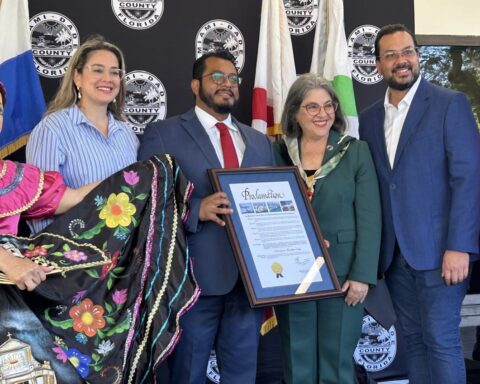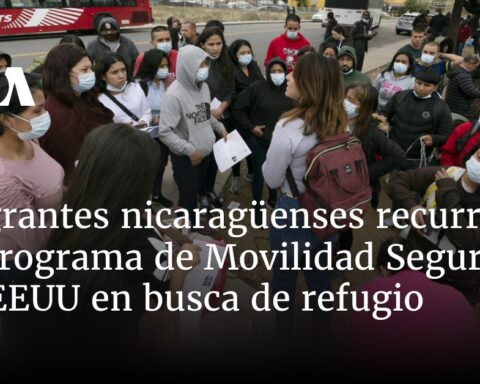The United States’ decision to exclude Nicaragua from the sugar quota for fiscal year 2023precisely one day after Daniel Ortega rejected in a public speech the possibility of starting a dialogue with that country, shows that “it is a bad idea to fight with your best client”, in the opinion of the lawyer and political analyst Eliseo Núñez Morales.
This Monday it was known a note signed by the general counsel of the Office of the United States Trade Representative, Greta Peisch, which includes the list of 39 nations from which part of the annual quota, which is 1.12 million metric tons of gross value, will be purchased (MTRV, for its acronym in English), in which Nicaragua does not appear.
Although this has been a technical decision, Núñez Morales asserts that “the political reading is behind everything. By fighting with your best client, you run out of management and negotiation skills. Any technical issue becomes very complicated to solve, because you don’t have an open channel to talk.
An economist and a consultant who know in depth the text of the Free Trade Agreement between the United States, Central America and the Dominican Republic (DR-Cafta, for its acronym in English), agreed that the northern power is sending a message to the class politics and business of the country.
“The United States has the power to make any decision applying the national security clause and remove all or part of our access. For now, I think they are sending messages warning of this threat, which is a prerogative of the Executive,” said the consultant.
For the economist, “what is relevant is the signal, the message it sends, and how [la Administración estadounidense] found a way to do it as part of Cafta, even though Cafta was said to be ‘sealed’ and untouchable. Specialists argue that treaties do not have ‘perfect locks’, so governments can find ‘keys’ to access convenient positions. Cafta’s administration mechanisms are imperfect and of little use”, he asserted.
The impact on the four sugar mills
The US announcement forced an urgent meeting of the National Committee of Sugar Producers (CNPA), who recalled in a note published at nightfall, that the sector “produces a little more than 17.7 million quintals of sugar annually, of which exports more than 11.5 million”.
That generates revenue of more than $200 million a year; it contributes 4% of the gross domestic product (GDP); and it is a source of direct and indirect employment for more than 150,000 people in rural areas of the country, with which private sugar mills and producers become “important generators of well-being in the communities where they operate.”
Additionally, they detail that “this preferential export quota represented some 440,000 quintals, and generated an additional benefit of approximately 6.5 million dollars a year”, with which they will now have to export it to other markets that buy it cheaper, which affects directly to the four mills in the country and to the more than 800 independent producers who contribute almost 50% of the sugar cane processed by those mills.
The economist points out that the options that the country’s sugar companies have to maintain their level of income are to raise the price of the product that is sold in the national market —which pays higher prices than the product is bought in international markets— or sell it in alternative destinations.
“Nicaragua sugar has already been exported to Korea, Russia or Taiwan, which do not pay prices as good as the United States,” and making the change is not easy, because you have to start negotiating contracts. In any case, they will not be able to enter Europe, because sugar is protected, and Europeans prefer to buy from their former colonies in Africa”, he detailed.
Additionally, he recalled that “Nicaragua can sue the United States before the WTO, but this process can last three years or more, and it has a high cost.” When consulted, one of the attendees at the urgent meeting that the CNPA had this Wednesday, admitted that only the Government can initiate such a lawsuit, because “to whom the United States assigns the quota, it is to the Government of Nicaragua”, not to the producers.
The details of the message
Beyond the rearrangement of the financial performance of companies and the affected producers, the other element is the political reading that can be given to this announcement from the Office of the United States Trade Representative.
The expected loss of income, which the CNPA estimated at around 6.5 million dollars, “is not a large amount, but it is significant in percentage terms – around 3.25% – which is not negligible,” said Núñez Morales.
Read in a political key, he said that this is not just a message for businessmen, because “you cannot expect the private sector to replace the opposition, but it does tell them not to rush to settle with Ortega at the cost of anything, and that do not provide facilities beyond what is required by law, “he argued.
The lawyer said that he is referring to the fact that banks should not help those sanctioned by the United States to open accounts in national financial institutions, reiterating that it is not expected that big capital “should do something”, because that is up to the opposition.
The economist cited above also believes that this is a message for the big businessmen, but not only those who are in the sugar business, but also those in any other product that Nicaragua exports to the United States, with preferential treatment.
“This is a blow to sugar exporters, who will see their profits reduced,” and a warning to producers and exporters of other raw materials who also have preferential treatment, and think they are ‘armored’ for operating under Cafta, he asserted.
“This shows that Cafta has many pores, and if the United States wants, it can issue a phytosanitary standard that imposes barriers to stop other products from the agricultural sector, or technical standards that affect companies operating under a free zone regime,” he explained.
The sugar union promised to “continue working and producing to maintain our competitiveness, the best labor, social, and environmental practices, and the business ethics that have characterized us despite adverse conditions generated by the high fertilizer pricesfuels and loss of preferential markets”.

